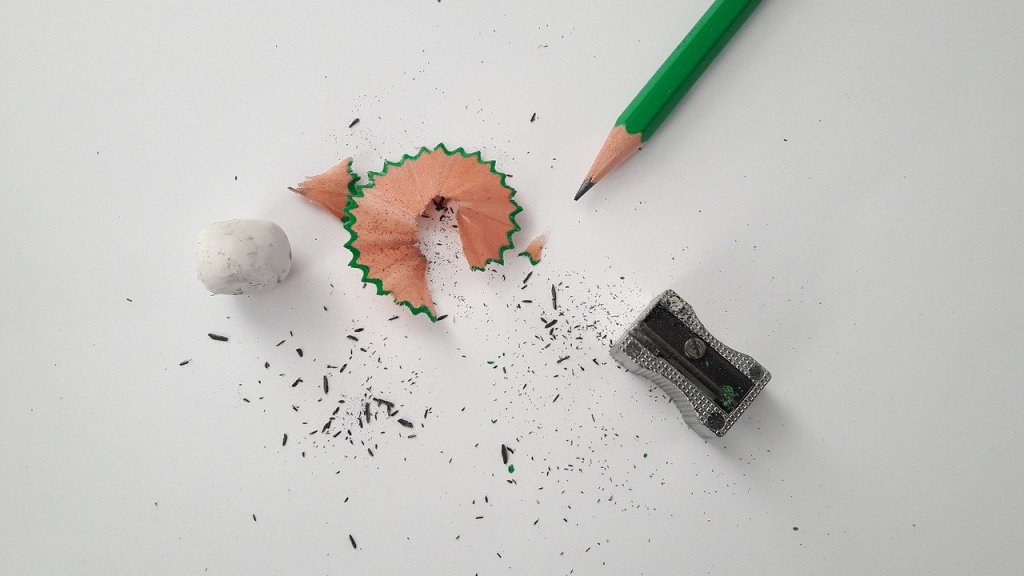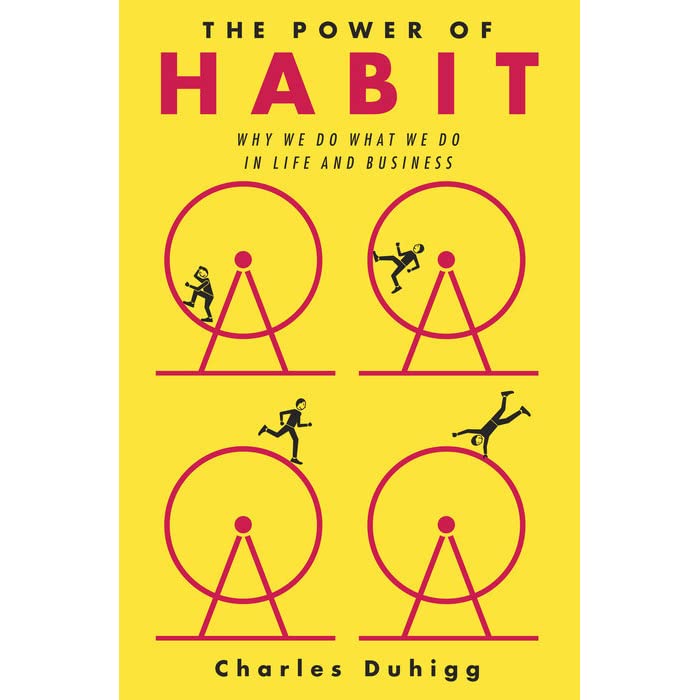‘Tis the season for examinations – Promos for JC1 students and Prelims for JC2 students.
Insofar the obvious that prepping for exams require copious reviewing of study materials, one aspect that isn’t often talked about is the prep for optimal mental condition in the exam.
We know that feeling.
You flip the pages at the start of the exam.
Your brain clicks to life and whirs, as thoughts start running through your mind as you process the exam questions.
The whirring quickens and becomes a silent shrill emanating throughout your brain.
You become saturated with thoughts and you “hang”.
Your breathing becomes shallow and quickens.
Your slightly cold and clammy hands now freeze and you can feel the pen slipping in your slippery grip.
You are now stuck in a brain loop – you feel that your life depends on your answer, but you just can’t seem to write a good one.

Sounds familiar?
Two instances earlier this week reminded me about how your performance in the exam depends not just on your prep work (i.e. study), but also your physical and mental state during the exam proper.
The first was the quiz that I took as a (born-again) student.
As I discovered again, that feeling of smallness as a student never really leaves you when you are taking exams.
But it is different now. With more years under my belt, I have found ways to optimise “the now” and I performed very confidently for the test, which was a good feeling, and testament to positive contributions by my techniques.
The second happened immediately after my test – when I had a tuition session with my student.
It was the evening before his Prelims paper for Economics and we were supposed to run through practice questions to warm his mental reflexes up and also see if we could expose and correct any gaps in his answers.
Unfortunately he was all jittery and balls kept dropping. Graph axes were labelled incorrectly. Concepts were quoted wrongly. Question requirements were frequently misunderstood.
In short, he just wasn’t performing to his usual standards.
Not being “now” is extremely costly.
What is not often emphasised is just how much of a vicious cycle stress and nervousness can be.
In my student’s case, significantly, we weren’t even under any form of exam conditions.
That also meant that instead of fortifying his mind for the exam the next day, he may as well had been systematically dismantling it instead.
There was also the real risk of not being able to sleep well, and carrying over the body’s stress response into the exam hall.
I don’t need to elaborate why all of that is so bad for exam performance.
So I elected to take 15 minutes of the time to teach some techniques to calming his mind before the exam.
This wasn’t just in the hope of steadying his mind before and during the exam the next day. It was also about ensuring he could prepare ahead of time for the “A” level national exams in 2 months, which is of greater significance for obvious reasons.
And I took some time out from my work/studies to share some of it here as I think you may find them useful.
Mismatched expectations is the root evil.
Excessive stress and nervousness stem largely from lack of confidence.
In turn, lack of confidence occurs because of the perceived gap between what you aim to achieve, and your estimated capability.
So this makes it easier to break down what you need to do to close that perceived gap:
- Sharpen your capabilities; and
- Par back your expectation.
Step 1: Work hard and grow your capability.

Your teachers would have been hard at work imparting the necessary knowledge to you, on how to ace the exams.
Further information is also easily available online, or in bookstores. I shall also take this opportunity to unabashedly point you to my trove of materials here and here.
So I will not be elaborating on the finer arts of sharpening your Economics’ chops.
In keeping with the general theme of this piece rather, I should point out that knowing that you should work hard doesn’t automatically translate to working hard and productively at that.
I know that since I am often guilty of mind-wandering, and absorbing information only at the superficial level, while studying.
That said, I would like to share 3 things that I do to stop myself from inevitably wallowing in mediocrity.
Step 1.1: Play music
And not just any music – there is a “science” to what and how the music should be played.
It should be:
- Without words;
- Soft yet easily audible; and
- Consistent on the ears (no sudden drops or escalations).
Of course I should add that it is very much each to his own when it comes to the specifics.
For myself, jazz and classical music, which are the de facto choices for many, simply do not work as well as house/lounge music (the kind that you hear in hotels and atas elevators).
Playing music in such fashion helps because:
- It reduces background noise, which minimally cause low-level distraction without you noticing; and
- It pleasantly differentiates your study-space from the surrounding, improving the chances of you focusing.

Step 1.2: Remind yourself of your motivations.
We have various motivations for studying.
Personally, as I am no longer under duress of “conscripted” studying as in the case of most younger students, mine is simple: Failure is not an option.
So whenever I start to waver in my studies, I invoke that statement mentally, and that works to remind me at once that I had made a voluntary choice to study and had sacrificed comfort for that. Failing to achieve what I set out to do would be unfathomable for me, and that never fails to jolt me back to my studies once.
So what are the motivations behind you studying? List them down! For ease of access by your mind, they should:
- Resonate strongly with yourself; and
- Be broad in meaning, but not interpretation.

Step 1.3: Take advantage of your habits.
A while back, I read a famous book titled: The Power of Habit, by Charles Duhigg.
My key takeaway from that book, was to take advantage of our natural tendency to fall back on habits, and weave my tasks (and yucky chores) into them.
For example, I procrastinate a lot on exercising even though I know it is good for me. So to get myself to do pull-ups everyday, I impose on myself the need to walk down to the fitness corner, and do my reps, to qualify myself for eating breakfast (habit and necessity).
Everyday.
But of course some days it rains la. To that, I will point to the sky and say “Act of God” and excuse myself for the day.
This has become so effective that my exercise routine has even turned into a habit for me, which is everything I can ask for in maintaining positive behaviour.
You can do something similar for studying, which obviously doesn’t come naturally to most of us. Perhaps by mandating 2 hours of studying before you can eat breakfast/lunch/dinner in similar fashion to what I do.
But you should get the idea already and the details of execution and habit triggers should be left to you.
The Power of Habit is a strongly recommended read capable of transforming your life. Read it if you haven’t already.

Step 2: Check your expectations
This is Step 2 because your expectations should ideally be grounded in what you can realistically achieve. This requires sufficient knowledge base in the subject and a grasp of your capabilities that you can only achieve with Step 1.
Often, nervousness and stress sets in when the expectation you put on yourself is too high.
Yes – I know, this is quite an “incorrect” statement to make. We live in a very “dream big, achieve big” world now where your outcomes say much of your capabilities. Sites like this are incredibly common.
The grim reality is that “dream big, achieve nothing” happens often too. As always, nothing in life is guaranteed.
So how then to achieve best balance?
Step 2.1: Attempt big while you can.
As a JC student, you will have many chances to take multiple tests and exams – with each one an opportunity to “try big” if you so desire.
If however, that “A” is elusive after all the tests and exams and you have tried all iterations humanely possible and answerable to yourself, you should strongly consider parring back your expectations on your final grade.
Piling on expectations that are too high (and you know it) causes stress which unnecessarily reduces your chance of performing well. If you could perform well without too much stress, surely that would be a more sustainable approach?
So do yourself a favour as a student by setting high targets meant to stretch your limits in the school’s exams. Doing so will enable you to:
- Work towards your best performance achievable; and
- Set a realistic target for the “A” levels that you can live with and by.

Step 2.2: Give due credit to luck.
I have heard such stories before, and I think you would have too at some point:
I studied very hard, I flunked my exams. But I never gave up, an I got “A”!! So you should never aim too low!
Credit where credit due – there is often little reason to be overly-cynical to such stories. After all, hope is incredibly important for us as a source of motivation.
Yet at the same time, we should not solely count on others’ precedence as basis for our actions. Simply put, are there reasons for the success story that you will not be able to guarantee replication for your exams?
We could come up with many reasons to explain, and they often vary in instances. But really, sometimes it just boils down to luck. How else can you succinctly explain outcomes that you did not predict beforehand, and that are not guaranteed for the future?
There are a couple of reasons why it is so important to recognise luck as one (of many) legitimate factor to explain success:
- It keeps you humble, in recognising “higher” forces beyond your control; and
- It helps in differentiating factors within your control, and those that aren’t.
Ultimately, accepting luck as legitimate will enable you to achieve a “come what may” state of mind during the exam – a key factor in calming your mind and maintaining focus.
In particular, reason 2 above, when correctly executed, enables you to work on all that you can, so that you achieve confidence during the exam in knowing that you can accept:
- Bad results (touch wood!) if “the stars didn’t align”; and
- Good results from your efforts, with a dose of luck too.
Always accept “good luck” wishes from others in good faith!

Putting it all together.
If your starting point is one of excessive nervousness and stress during the exam, you can do something about it by taking steps as above.
It has helped me tremendously in getting by difficult situations (exams, interviews etc.), and my students have also reported that these techniques worked for them.
What you will essentially get are best efforts and managed expectations – key ingredients to mind resilience against avoidable panicking.
So what other techniques do you use to stay calm and focused before exams? Share it with me by commenting below – I would be keen to know more!


https://waterfallmagazine.com
Very nice post. I simply stumbled upon your blog
and wanted to say that I’ve really enjoyed browsing your
blog posts. After all I will be subscribing to your feed
and I’m hoping you write again soon!
LikeLike
Muchos Gracias for your article post.Really looking forward to read more. Much obliged.
LikeLike